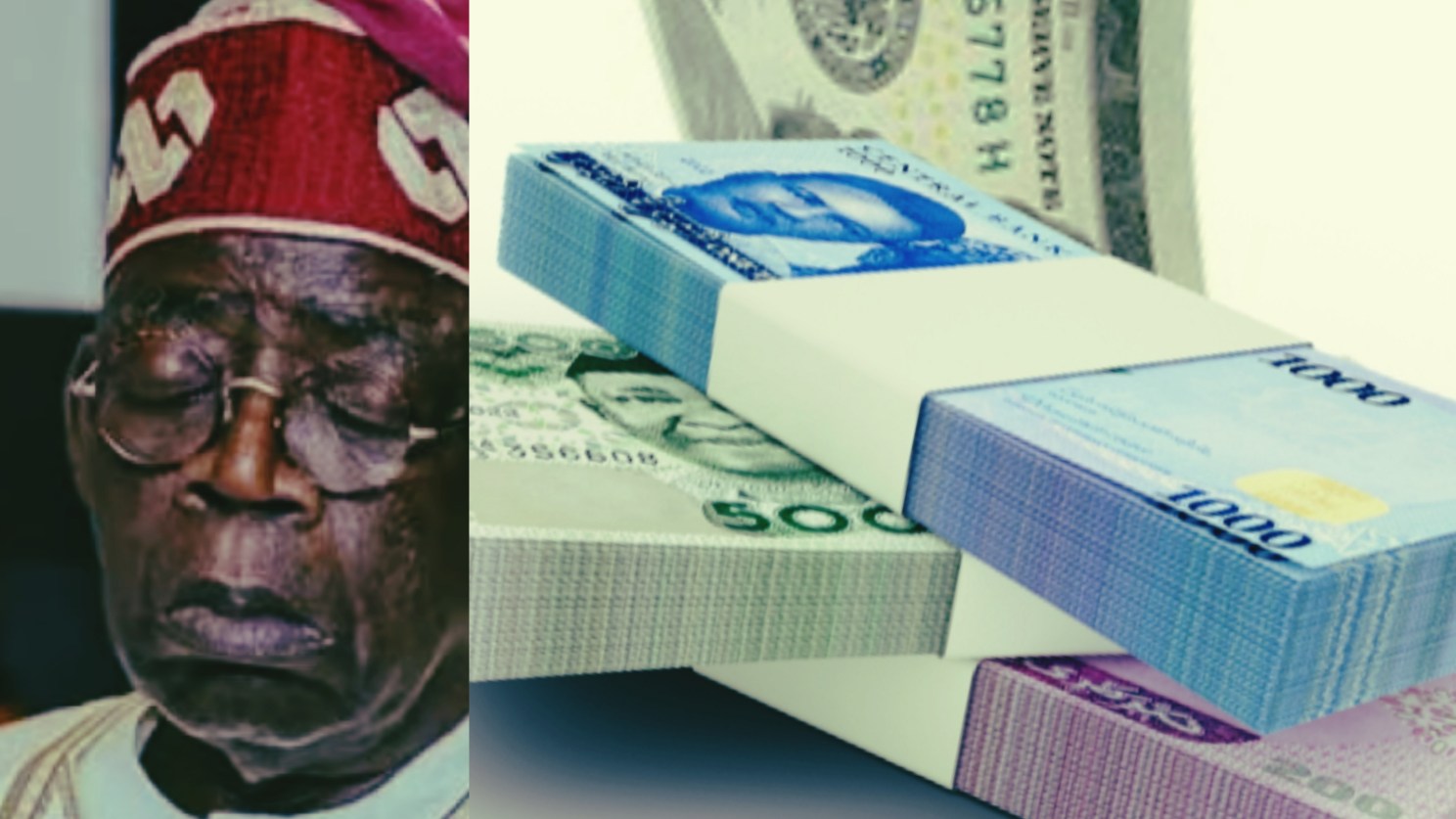
...
The Nigerian naira has plunged over 60% against the U.S. dollar since Tinubu took office, with the exchange rate reaching new lows of 0.00063 naira to 1 dollar. As at yesterday, the rate has inched closer to N2000. This rapid devaluation highlights the economic turmoil confronting Nigeria.
Factors Driving Decline
The naira's slide has been attributed to several key factors:
- Spiking inflation, which jumped from 22.41% to 24.08% in Tinubu's first 100 days after fuel subsidy removal led to surging petrol costs and transportation fares.
- Exchange rate unification eliminated preferential rates, exposing the naira fully to market forces and speculative attacks. Foreign reserves simultaneously fell from $36.5 billion to $28.7 billion.
- Over-reliance on unstable oil exports for foreign exchange earnings, as crude prices dropped from $75 to $62 per barrel.
- Political instability and insecurity have eroded investor confidence and discouraged foreign direct investment.
- CBN policies like multiple exchange rates and FX market interventions have distorted markets.
- The exit of foreign investors due to falling yields on securities, poor economic outlooks, and opaque FX policies. This reduced dollar inflows.
Calls for Urgent Action
Of course the list is not exclusive to these factors. It should be noted that some of these factors existed from the past. However, in a very short term, these have been aggravated under Tinubu, due to his policies.
With the naira in freefall, Tinubu faces calls for urgent steps to restore economic stability. Proposed measures include boosting domestic production, attracting foreign investment, liberalizing currency policies, tackling insecurity and implementing coherent monetary policies. As ordinary Nigerians bear the brunt of rising costs, stabilizing the naira should be a top priority. Tough reforms will be required to steer Nigeria out of this crisis.

Add new comment